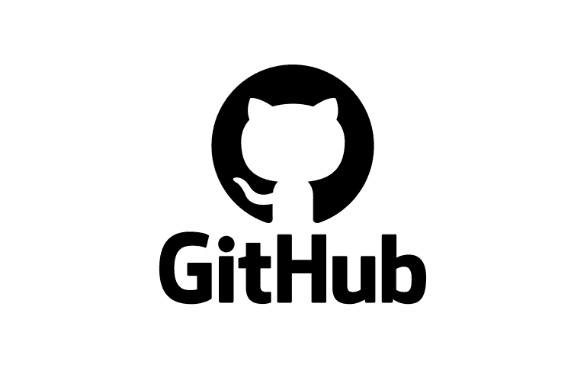Awais Tahir - BlogUnleashing the Power of Collaboration: A Guide to GitHub

What is GitHub?
GitHub is a web-based platform that provides version control and collaboration features for software development projects. It utilizes Git, a distributed version control system, to track changes in code and allows multiple developers to work on a project simultaneously.
Key Features of GitHub
Repository Management
- Create a Repository: Start your project by creating a repository to store and organize your code.
- Branching: Work on different features or bug fixes simultaneously by creating branches within your repository.
- Pull Requests: Propose changes and merge code from one branch into another using pull requests.
Collaboration
- Forking: Contribute to open-source projects by creating your copy (fork) of a repository.
- Issues: Track tasks, enhancements, and bugs with GitHub Issues. Mention team members, assign tasks, and add labels for better organization.
- Discussions: Engage with your community through threaded discussions related to your project.
Version Control
- Commits: Record changes to your codebase with commits, providing a snapshot of the project at a specific point in time.
- Git Tags: Mark specific points in history with tags, useful for releases or important milestones.
4. Actions and Workflows
- GitHub Actions: Automate your workflow by creating custom actions, such as building, testing, and deploying your code.
- Continuous Integration (CI) and Continuous Deployment (CD): Set up CI/CD pipelines to automate the process of testing and deploying your application.
GitHub Pages
- GitHub Pages: Host your project documentation, portfolio, or any static website directly from your GitHub repository.
Security and Code Review
- Code Scanning: Analyze your code for security vulnerabilities using GitHub's code scanning features.
- Code Review: Collaboratively review and discuss code changes in pull requests.
Getting Started with GitHub
- Create a GitHub Account:
- Sign Up for GitHub
- Explore GitHub Guides:
- GitHub Guides: Learn the basics of Git, GitHub Desktop, and various GitHub features through step-by-step guides.
- Interactive Learning Lab:
- GitHub Learning Lab: Hands-on, interactive courses to help you master Git, GitHub, and collaboration workflows.
- GitHub Documentation:
- GitHub Docs: Comprehensive documentation covering all aspects of GitHub.
In Conclusion
GitHub serves as the backbone for collaborative software development, offering a suite of tools to streamline version control, collaboration, and project management. Whether you're working on a personal project, contributing to open source, or collaborating with a team, GitHub empowers developers to build and maintain high-quality software efficiently.
Embrace the collaborative power of GitHub, dive into the links provided, and start revolutionizing your development workflow. Happy coding and collaborating!